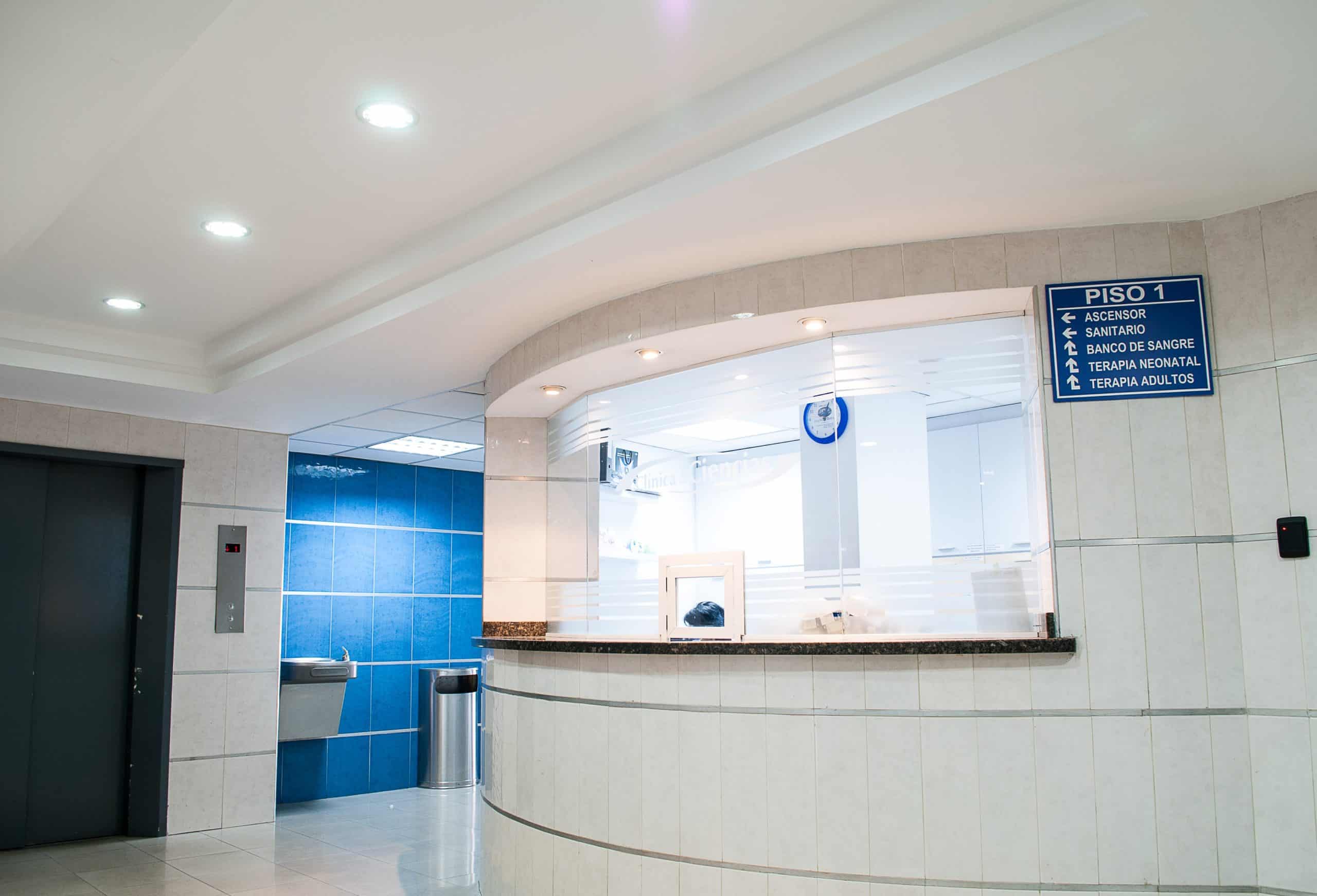With so many people battling addiction, it makes sense that there’s more awareness about this disease and help is readily available nowadays. However, people need to realize that addiction treatment isn’t linear and in most cases, it’s a cycle and an individual can come back to these stages of treatment after relapse.
The 7 stages in addiction treatment include:
Acknowledging the addiction.
The first stage in recovery is the individual acknowledging they have a problem with addiction. Maybe they have reached a breaking point or have realized how bad things have become, either way, they finally can’t hide their addiction from themselves. Accepting that you have a problem opens the way to start looking for solutions.

Accepting the need for help.
After acknowledging an addiction, the next step is to accept that they can’t quit alcohol or drugs on their own. At this stage, the individual starts thinking or talking about getting help. The motivation for this could be the realization that their addiction has harmed their lives and those of their loved ones.
Researching recovery options.
Once someone struggling with addiction admits to needing help, the next step is researching the addiction treatment options available. They could reach out to others e.g. doctors or counselors for assistance or reach out to different treatment and rehab centers through online contact forms, email, or hotlines.
Detoxing from alcohol and drugs.
Before being admitted to an addiction treatment program, those struggling with addiction have to undergo detox. This is where the harmful toxins from drugs and alcohol leave the body. Since this is often characterized by uncomfortable withdrawal symptoms, it’s advisable to undergo medically assisted detox to get support from medical personnel to make the process as comfortable as possible.
Recovery in a professional treatment center.
The next step is admission to an addiction treatment program that suits the individual’s situation and recovery goals. This could be a residential program or an outpatient one or something in-between such as an intensive outpatient program. Through a combination of individual and group therapy as well as other treatment methods, the individual actively works on their recovery, learns their triggers, and gets to the root cause of their addiction.
Transitioning out of rehab.
Once done with the treatment program, those in recovery have to transition out of rehab and back to their lives. This is made easier by having an aftercare plan that may involve attending sobriety meetings e.g. Alcoholics Anonymous or joining sober living homes.
Maintaining sobriety.
With the help and support of loved ones, accountability partners, etc. the individual embarks on rebuilding a sober and clean life. They still attend meetings for support and may attend counseling with a focus on staying on the recovery path. Whether you’re in the first or third stage of addiction treatment and are struggling with alcohol or drug abuse, Impact Outpatient Program in Louisville, Kentucky can help. Contact us today to find out more about our addiction treatment programs.

